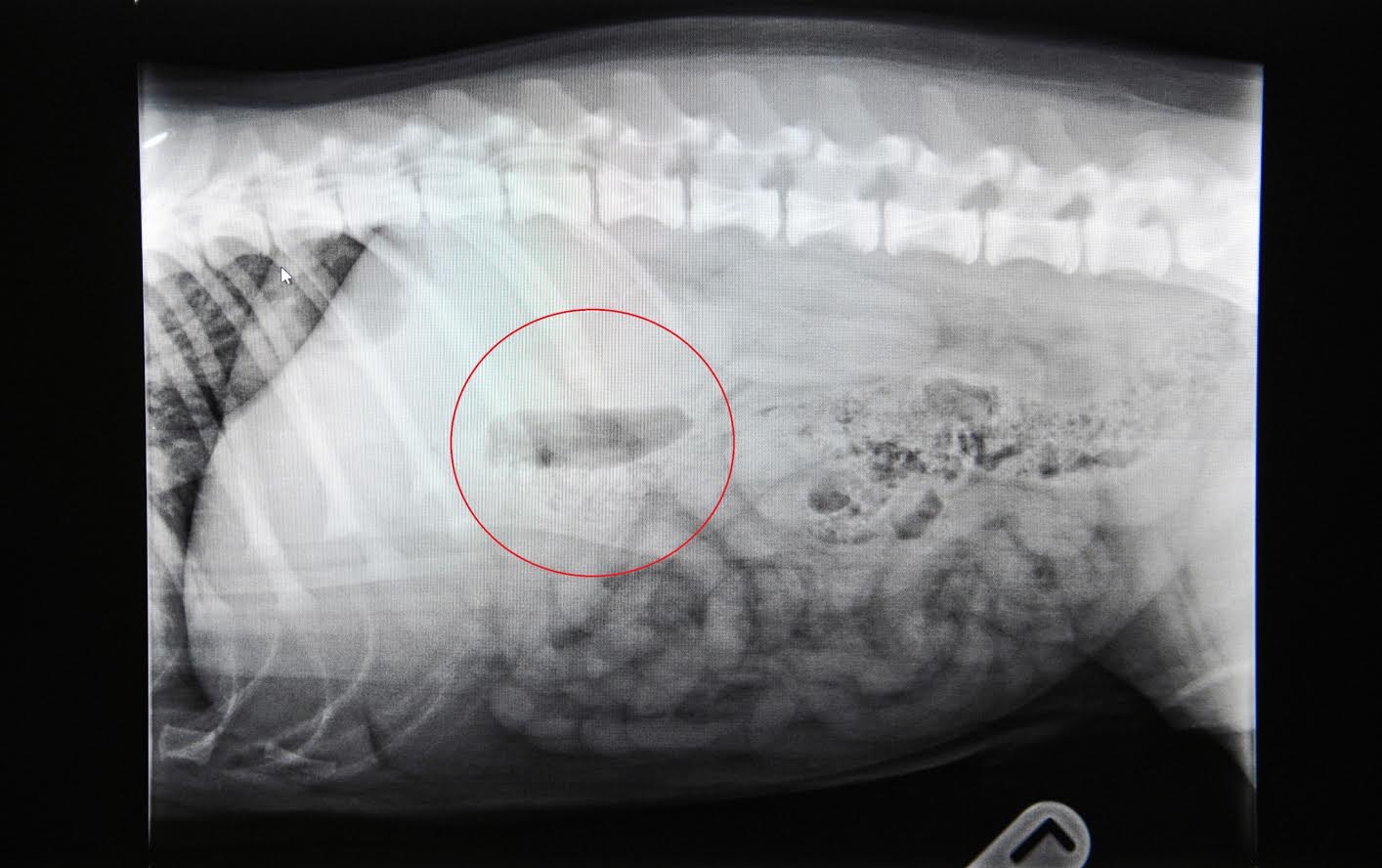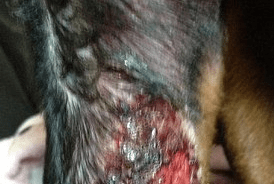Make no mistake dog owners, second hand smoke DOES affect pets too. Your dog is at risk of the same health problems of second hand smoke so understanding the risks of smoking around dogs is essential.
The American Legacy Foundation(R) is challenging pet owners to quit smoking for their pets during the month of April, which kicks off Prevention of Cruelty to Animals Month. A growing body of research shows there are no safe levels of exposure to secondhand smoke — for humans or for animals. And one new study shows that nearly 30 percent of pet owners live with at least one smoker — a number far too high given the consequences of exposure to secondhand smoke (“SHS”).
Second Hand Smoke and Dogs
“Secondhand smoke doesn’t just affect people,” said Dr. Cheryl G. Healton, DrPH, President and CEO of the American Legacy Foundation(R), the national independent public health foundation dedicated to keeping young people from smoking and providing resources to smokers who want to quit. “While most Americans have been educated about the dangers of smoking to their own bodies, it is equally important that pet owners take action to protect their beloved domestic pets from the dangers of secondhand smoke.”
Does Second Hand Smoke Harm Dogs?
An estimated 50,000 Americans lose their lives to secondhand smoke annually and 4 million youth (16 percent) are exposed to secondhand smoke in their homes. A number of studies have indicated that animals, too, face health risks when exposed to the toxins in secondhand smoke, from respiratory problems, allergies and even nasal and lung cancer in dogs and lymphoma in cats. In addition, the ASPCA, one of the largest animal rights groups in the U.S., lists tobacco smoke as a toxin that is dangerous to pets.
Smoking Around Pets / Dogs
“Nicotine from secondhand smoke can have effects to the nervous systems of cats and dogs,” said Dr. Sharon Gwaltney-Brant, Medical Director of the ASPCA’s Animal Poison Control Center. “Environmental tobacco smoke has been shown to contain numerous cancer-causing compounds, making it hazardous for animals as well as humans. Studies have shown increases in certain types of respiratory cancers in dogs that live in homes with smokers. In addition, exposure to secondhand smoke has been shown to cause many of the same harmful inflammatory changes in the airways and lungs of dogs as their human counterparts. For these reasons, owners should not expose their pets to secondhand smoke in order to minimize the risk of their pets developing lung disease or cancer.”
According to a study published in the February 2009 edition of Tobacco Control, 28 percent of pet owners who smoke reported that information on the dangers of pet exposure to SHS would motivate them to try to quit smoking. These findings, coupled with the research on the effects of SHS exposure to animals, signals a new front in the public health community’s battle to save lives from tobacco-related disease.
In order to better protect dogs, cats or other pets, the foundation and ASPCA recommend that smokers — who often consider their domestic pets a part of the family — “take it outside” when they are smoking. The foundation also provides resources and information to smokers who want to quit for their own health through a national campaign called EX(R), including a Web site for smokers who are quitting just for their pets:
– EX encourages smokers to approach quitting smoking as “re-learning
life without cigarettes”
– The resources from the campaign help smokers consider the “triggers”
that make them want to smoke each day. The program is based on helping
people understand that if they can get through each part of their day
without a cigarette, they can quit for good.
– The campaign features www.BecomeAnEX.org, a state-of-the-art Web site
with interactive tools and information to help smokers prepare for
quitting by developing a personalized plan. The EX Web site offers a
virtual community and forums where smokers can share stories and best
practices about their quit attempt.
Enter your email and never miss out on receiving our best articles:








